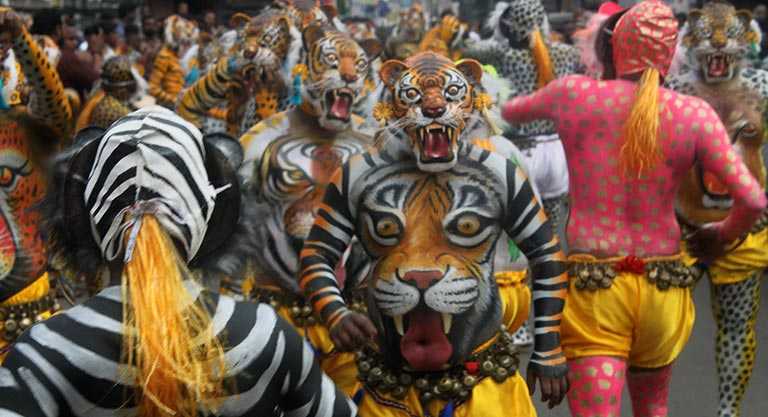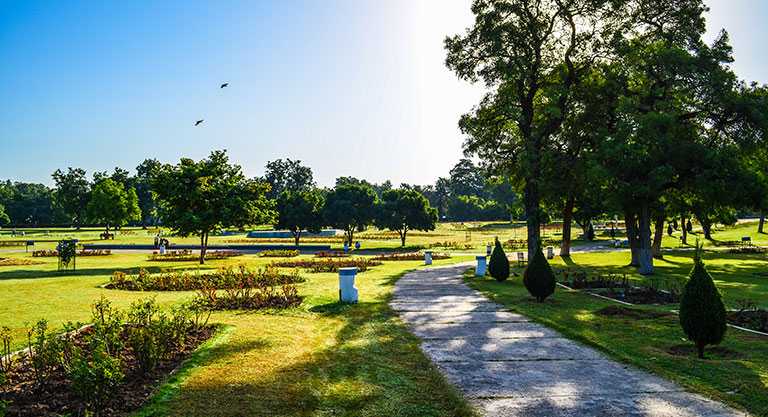“Humanity runs on Coffee”, it’s true, at least for me. A day without a cuppa is incomplete to me and it is so for most people I hang out with as well. Most people say it is to do with me being from the Southern region of India… yes, it is possible. Even though I believe I am old enough to know what I prefer to put down my throat in general without stereotyping about my geographical origins. This begs the question, where does this myth stem from? What does being from the South India have to do with me preferring coffee over tea? It’s an interesting story that goes back a few hundred years and can provide perspective only when you look at the whole picture.

Let us begin from 15th century Ethiopia; it was our ancestors from here who discovered the revitalizing effects of a bean which was first documented as a Medicine. Cut to Yemen across the Gulf of Aden where the monks at the Sufi monasteries prepared an infusion of coffee cherry leaves to stay awake and pray through the night, some even used it as an intoxicant to be one with god. It is believed that the first real roasting and grinding activities likely happened in Yemen. The Yemenese put hard restrictions on the export of coffee beans banning export in any form other than roasted. It so happened that a saint by the name of Baba Budan was returning from his pilgrim to Mecca and having heard so much about this refreshing drink tried it at Yemen on his passage back home. Once he drank it, he knew he wanted to carry it back with him. And so, it came to be that he took a great risk of hiding 7 coffee beans in his beard. Though it was an illegal act, his action was considered holy as the number 7 in Islam is considered sacred.

He planted these 7 beans in the hills of Chikamagalur, a mere 4 hours’ drive from Bengaluru, the capital of Karnataka. The entire range of hills where the first beans of coffee were first sown is now known as Baba Budan Hills in memory of the saint who brought coffee to India. The coffee mania then spread to the neighboring town of Coorg and together they created a coffee empire that has made India the third largest coffee producer and exporter in Asia and the sixth largest coffee producer and exporter in the world. Set in the Western Ghats (a UNESCO world heritage site), both Chikamagalur and Coorg have numerous homestay options that offer a wholesome experience of mingling with a local family and understanding the world of coffee. The best time to visit these two places is between the months of December and April. It is the coffee picking season, when the coffee estates are bustling with activity.

Now to answer the question I posed right at the start, as it was here in the South of India that the journey of coffee began, it is obvious that South Indians in particular have a strong affinity to their cup of aromatic filter coffee, though it has slowly captured hearts of Tea lovers across the country as well.







Very well written and informative.
Quite educative article. Is there any historical documentation to support this claim, of Baba Budan bringing coffee to India.
Nice article! Keep it up, Tejashri!
Nicely written… keep up the interesting titbits…all the best .